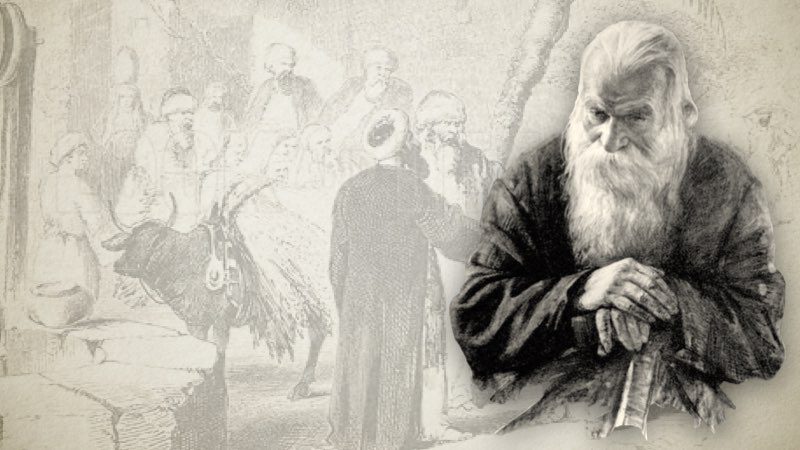-
5. The Early Churches Were Small And Had No Need For A Set Of Appointed Elders
According to Robert J. Banks, in his book, ‘Paul’s Idea of Community’,[1] the early churches met in the private houses of the well-to-do members: “Whether we are considering the smaller gatherings of only some Christians in a city or the larger meetings involving the whole Christian population, it is in the home of one of the members that EKKLESIA is held (Acts 18:7,8; 20:8)—for example in the “upper room” (Acts 20:8; Lk 22:12; Acts 1:13). Not until the third century do we have evidence of special buildings being constructed for Christian gatherings, and, even then, they were modeled on the room for receiving guests in the typical Roman and Greek household. This puts a limit on the numbers involved. The entertaining room in a moderately…
-
6. An Adoption Of Elders Introduces A New Set Of Problems For The Church
Eldership advocates tend to sing the praises of the many benefits a church receives by appointing a plurality of elders. Seldom do they sound the alarm for the serious problems that arise from the appointment. Baptist historian Dr. Kenneth Dix confessed this was the initiating cause which led him to reject plural elderships—he believed too many churches have jumped on the bandwagon without giving sufficient thought to the inevitable problems arising from an eldership. To name just a few drawbacks: (1) An eldership creates a monstrous oligarchy. A group of men may be as tyrannical in their governance as a single man— especially when the elite group believes it has a special knowledge of God’s will based on the unanimity of its decision making. (2)…
-
7. Baptist Churches Have Historically Been Led By A Bishop With Deacons
It is sometimes argued by eldership advocates that they are reforming contemporary churches to reflect the type of governance found in the primitive churches of the New Testament era and the Baptist churches of the Reformation era. However, I have demonstrated that the primitive churches recognized elders as unofficial leaders (household heads), rather than the official leaders (bishops). As for the Baptist churches of the Reformation era, there is no evidence these congregations appointed a set of elders analogous to the type of eldership advocated by today’s proponents. While it is certainly true that the first and second Baptist Confessions of Faith refer to elders, it is misleading, if not dishonest, to interpret the meaning of these references to be one and the same with…
-
Conclusion
Eldership advocates are not only misguided in what they believe about elders, but they are also mistaken in their crusade to pressure Baptist churches into adopting elderships. Their error is enlarged by their misleading interpretations of scripture and historic Confessional statements. Such is the nature of their self-confidence and arrogance, that many churches are giving in to this pressure through sheer intimidation. Churches should not fear eldership advocates or their high claims to have received a monopoly on the truth. However, it may be asked, “If appointing elders is not the proper mode for the governance of a church, then what is the alternative?” The alternative is the scripturally approved, practically efficient, and historically validated method. Namely that: The Lord Jesus Christ, as Chief Shepherd…



